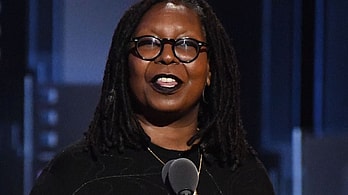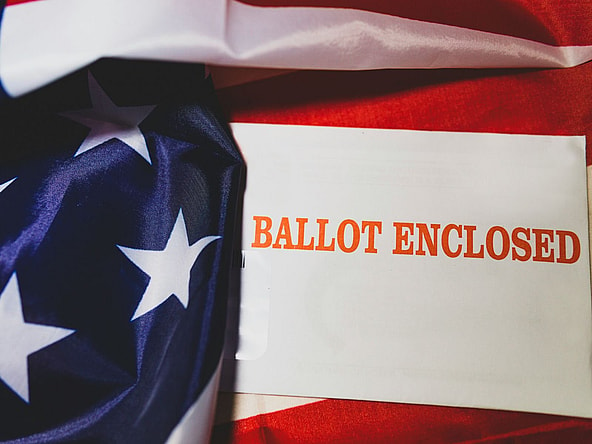
It’s that time again when yards are covered in signs and everywhere you turn there are political statements and media. Elections are stressful and intense, with everyone feeling nervous and angry. But instead of focusing on what’s to come this year, let’s take a step back in history and realize that there has always been craziness throughout US election history.
From newspapers just giving the wrong information during the worst time, or presidents creating mascots to embrace hurtful insults, here are the weirdest moments throughout US election history.
10. The Last of the Whigs Party
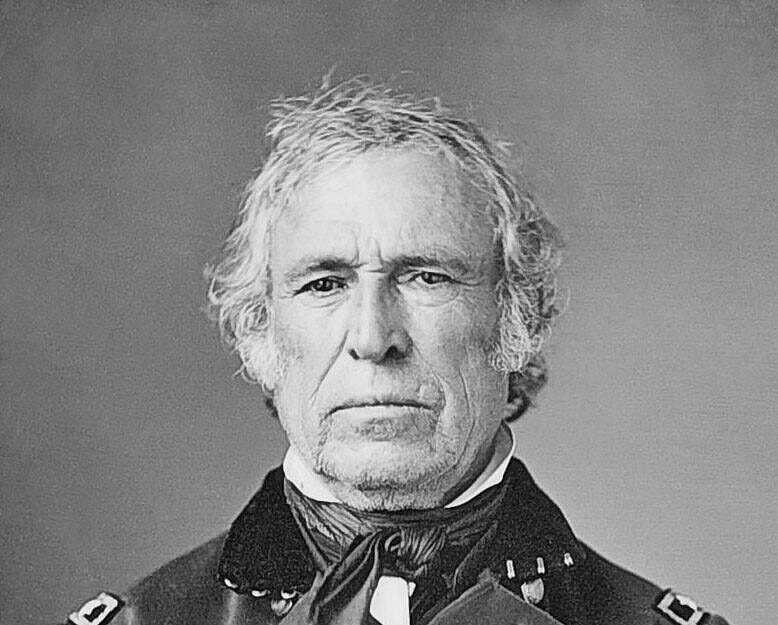
While history buffs might be familiar with the term, most of us might be confused with what a Whigs party is. The political party was formed in 1834 by opponents of President Andrew Jackson, led by Henry Clay. The name is derived from the English antimonarchist party and was an attempt to portray Jackson as “King Andrew.”
They were one of the two main political parties in the United States from the late 1830s to early 1850s. And the ending was rough, thanks to Zachary Taylor. The outsider was an inexperienced, unqualified, and rough soldier, causing the whole party to crumble and never recover.
Related: Strangest Days Ever In Human History
9. Lighting Political Torches
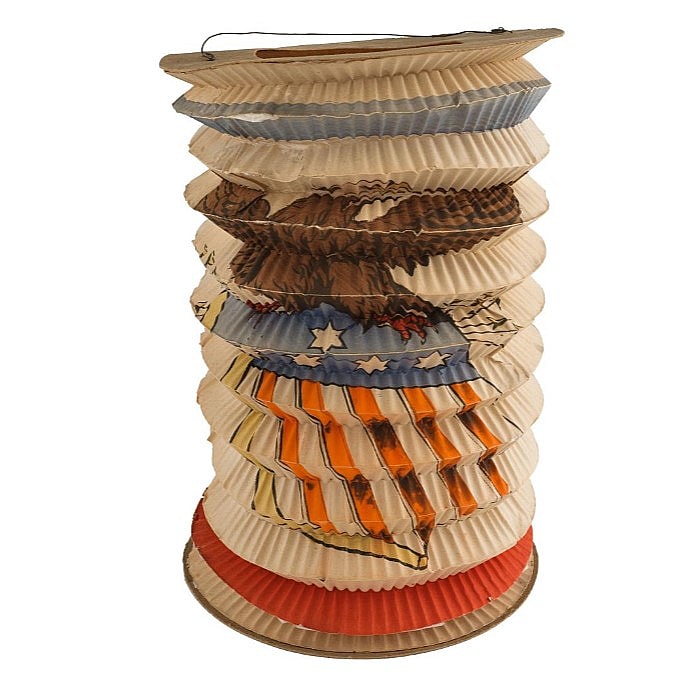
Nowadays if you want to rally voters, you send out emails, letters, or make automated phone calls. And as for citizens of America, we talk to one another, post on social media, and donate to show support.
But an odd tradition in the 19th century that has gone out of date consists of lanterns. From 1840 to around 1900, young men marched in uniform, carrying illuminated torches and lanterns in parades to show support and rally others into their party.
Read Next: Weird Facts About U.S. Presidents
8. The Campaign Behind Bars
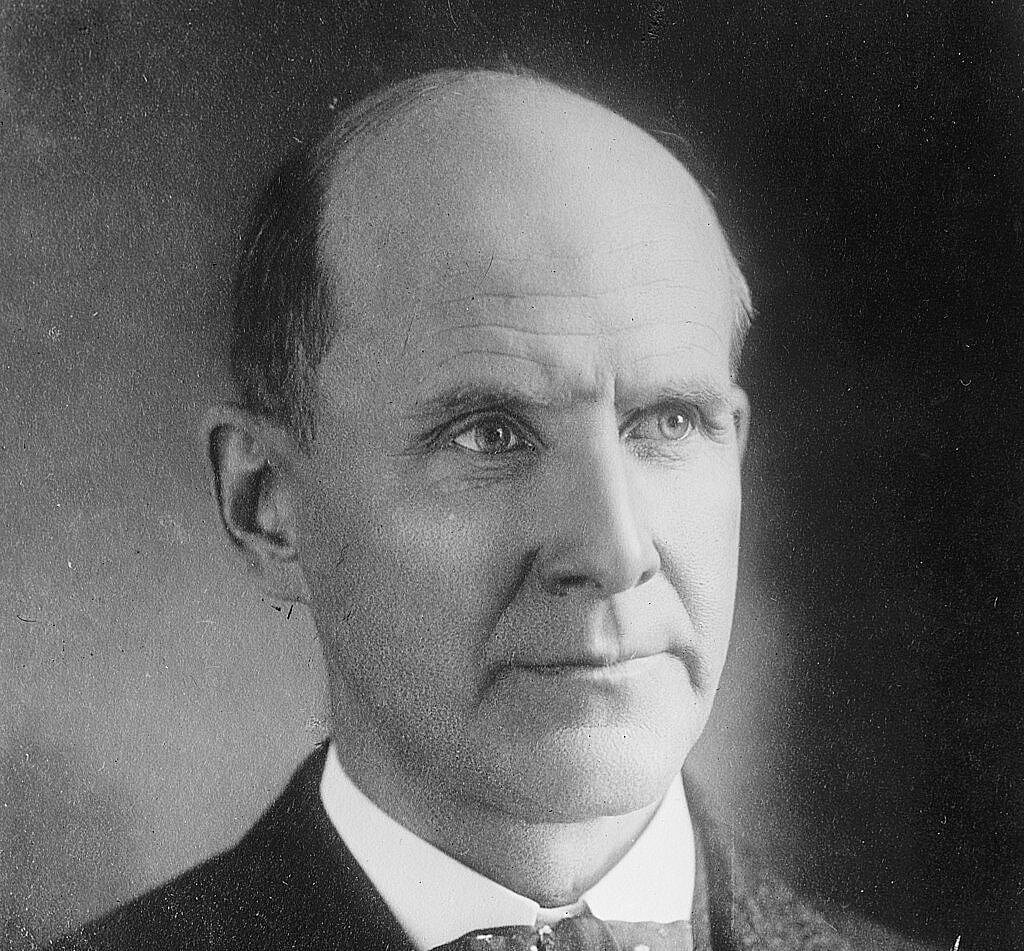
Throughout US election history, there have been some odd things that have happened. And apparently, there has even been a campaign that ran from behind bars. The most well-known convict who ran for the presidency was back in 1920 with Eugene Debs.
The socialist established himself as an acclaimed orator before he was imprisoned for publicly expressing anti-war sentiment. Even though Republican Warren Harding won that year by a landslide, even defeating Democrat James Cox, Debs secured around 1 million votes from his prison cell, which is truly remarkable.
Check Out: Creepy Historical Facts That Will Keep You Up at Night
7. Meaning Behind the Mascot
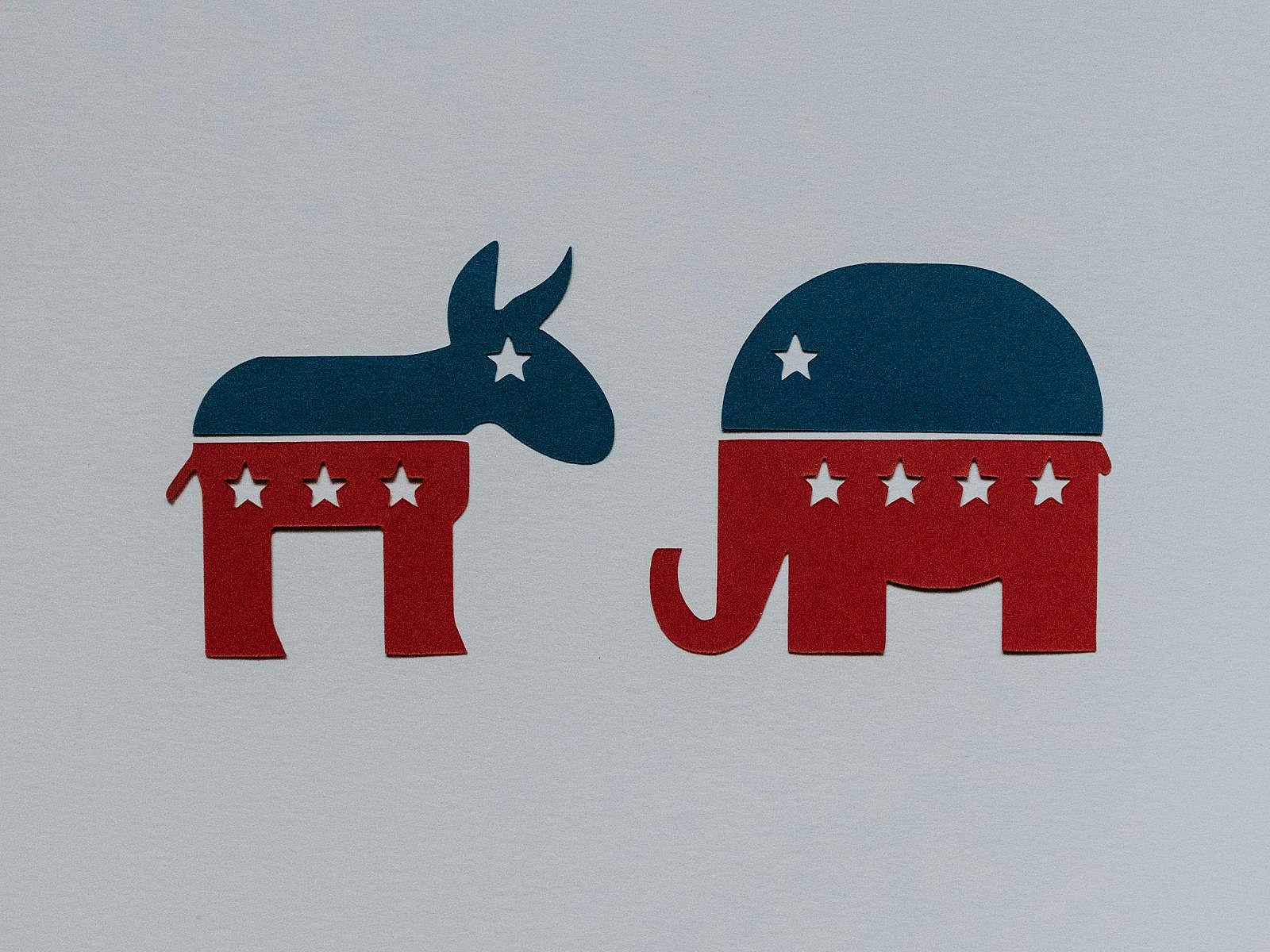
Have you ever wondered why a donkey and an elephant are representing the different parties? The story behind it is actually quite interesting. The mascots have been part of the political scene since the 19th century.
The origins of the Democratic donkey can be traced back to 1828 during Andrew Jackson’s campaign. During the race, opponents called Jackson a derogatory term associated with the animal, and instead of being offended, was amused, and included it in his campaign posters.
The Republican Party was formed in 1854, and six years later, Abraham Lincoln became its first member. An image of an elephant was featured as a Republican symbol in at least one political cartoon and a newspaper illustration during the Civil War, as “seeing the elephant” was an expression used by soldiers to mean experiencing combat.
Read More: Interesting Facts About Roman History
6. Reading the Stars
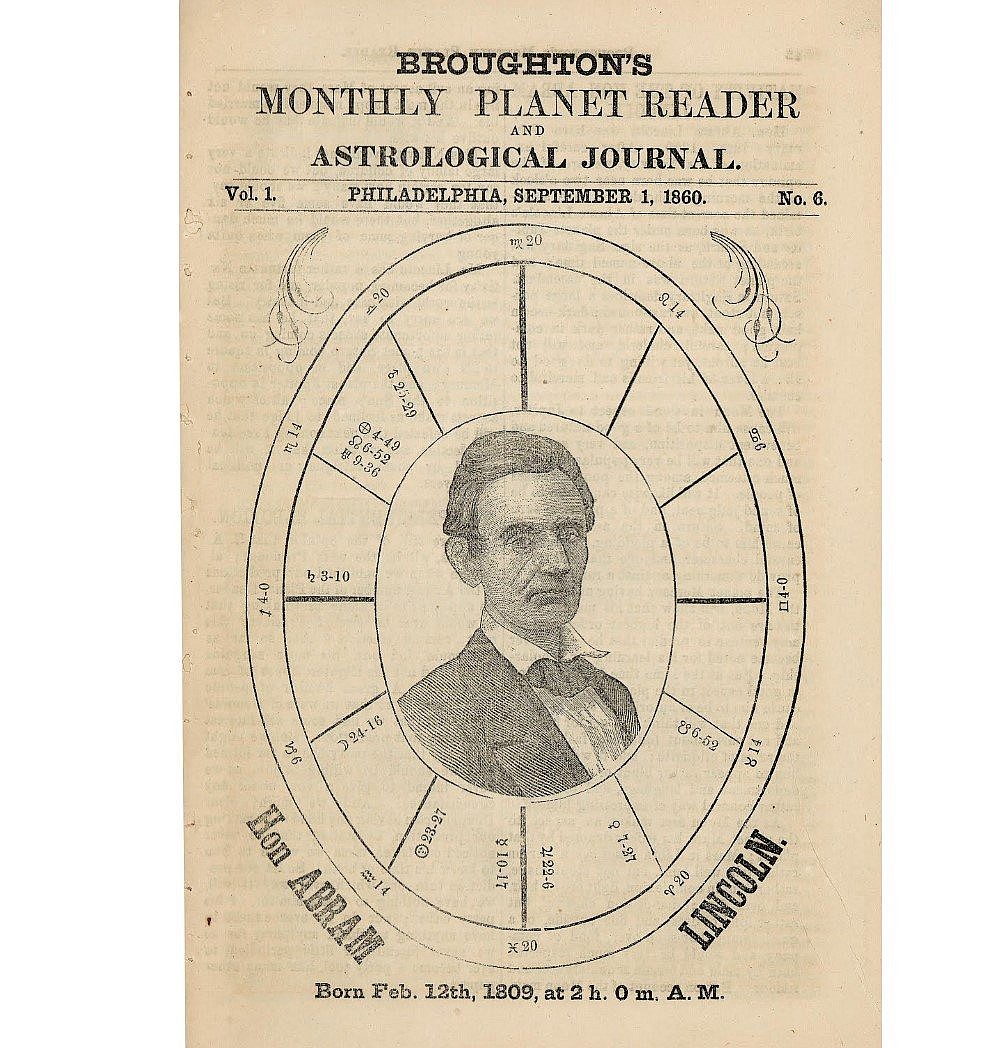
How many of us look to our horoscopes and Zodiac signs to interpret the future? Well, this strategy has been around for years, and it even swayed some people during the election of 1860.
The election was between Abraham Lincoln and Hannibal Hamlin, and Broughton’s Monthly published four issues featuring these candidates along with their astrological charts. They even included commentary on their potential success and what their charts might mean for America. If you’re stuck between two candidates, this might be a deal breaker for some.
Also Read: Funny Historical Facts You May Not Know
5. An Election Ending in a Duel
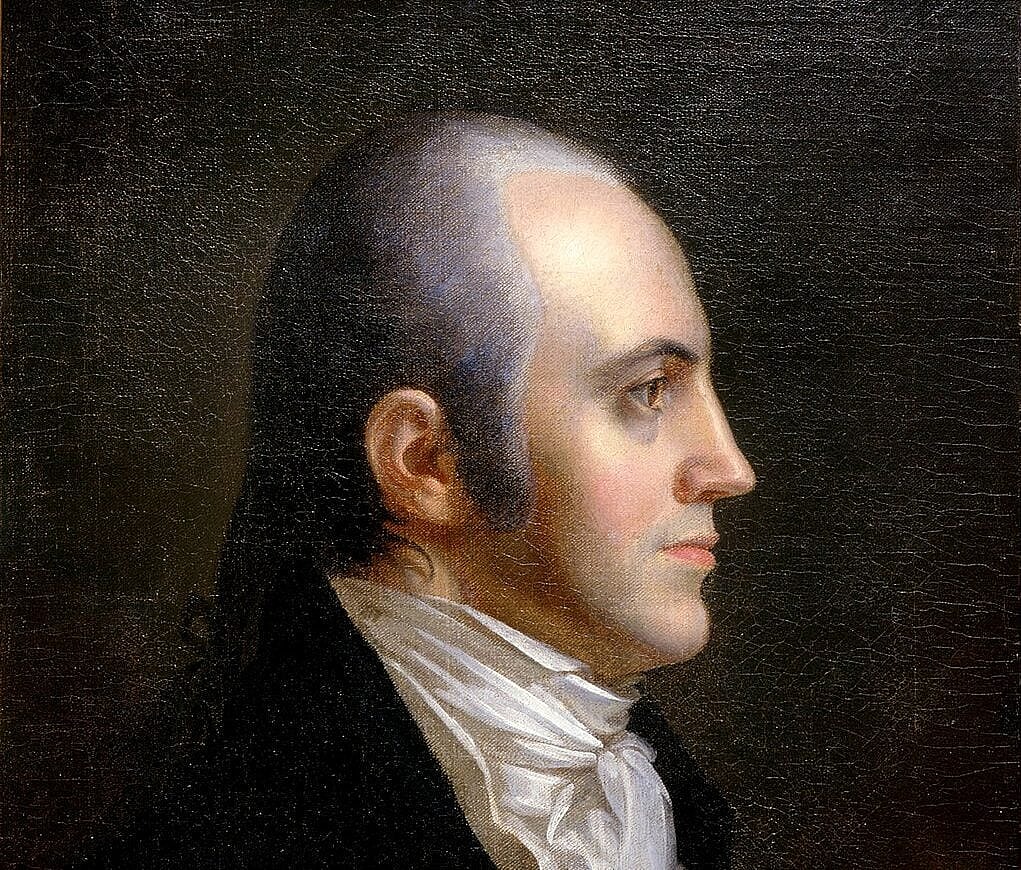
For my history and musical buffs out there, this might not be a shocking fact in US election history as you’ve most likely learned about it in the hit Broadway musical Hamilton. But for those that don’t know, there was an election in history that was so tense that it ended in a duel.
In 1800, Americans were more divided than ever, and the voting between Thomas Jefferson, vice presidential candidate Aaron Burr, and President John Adams went on for months. It was so difficult that things went nasty quickly, with many newspapers slandering one another.
Eventually, it was a tie, causing the House of Representatives. One of these people was Alexander Hamilton, who wrote a fierce letter about his thoughts on Burr. When Burr heard that Hamilton spoke out against him, tensions finally escalated to the point of a duel, where Burr killed Hamilton in July 1804.
Related: Historical Facts About the Statue of Liberty You Should Know
4. A Clean and Easy Fight
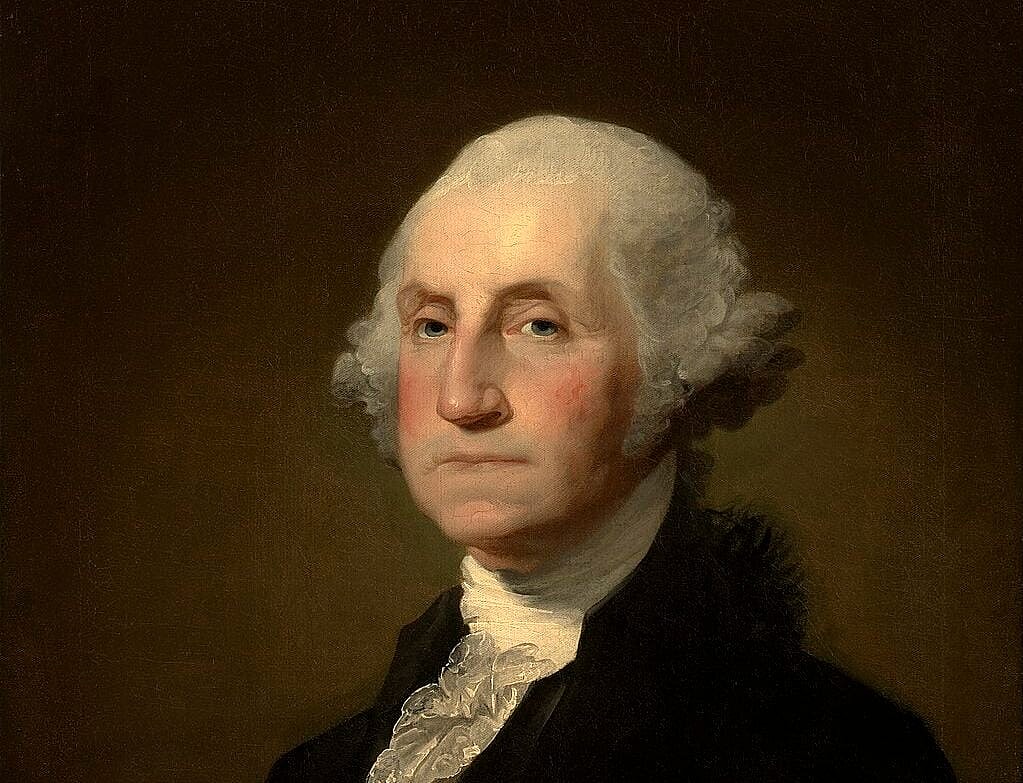
The very first presidential election was in 1789 with George Washington. Interestingly enough, many consider this election to be the cleanest one in US election history, as Washington ran unopposed and was elected as president unanimously.
With 69 electoral votes, Washington won the support of each participating elector. No other president has come into the office with a universal mandate to lead. This might be because Washington was the obvious, and probably the only viable choice for president.
Read Next: Deadliest Wars In History: From World Wars to Civil Wars
3. The Best-Known Man Died After Losing the Election
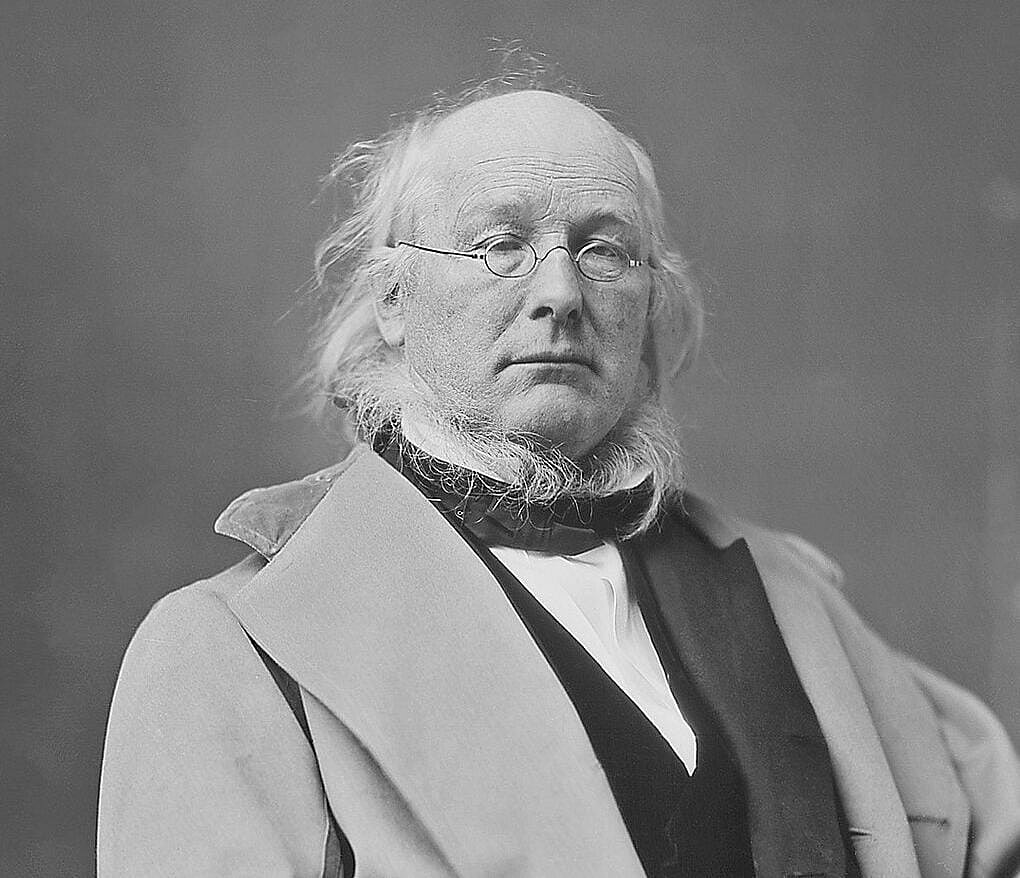
US election history can be crazy sometimes, and even funny. But there are also some unfortunate moments that we think back on and wonder what would have happened if things played out differently.
For instance, Horace Greeley, widely known as the best-known man in America, ran against Ulysses S. Grant in 1872. He ran when a splinter group of Republicans wanted to run a third-party presidential candidate in the election as they were disgusted by the rampant corruption of the current administration under Grant’s party.
But even though he had such a promising start, Greeley’s campaign did not end in defeat, but also a tragedy. Unfortunately, Greeley died of heartbreak caused by his wife Mary’s death after a long series of illnesses. On November 29, Greeley died in his bed and was the first major presidential candidate to die so soon after his defeat.
Check Out: Forgotten Historical Figures We’re Revisiting
2. Television Ruined Nixon
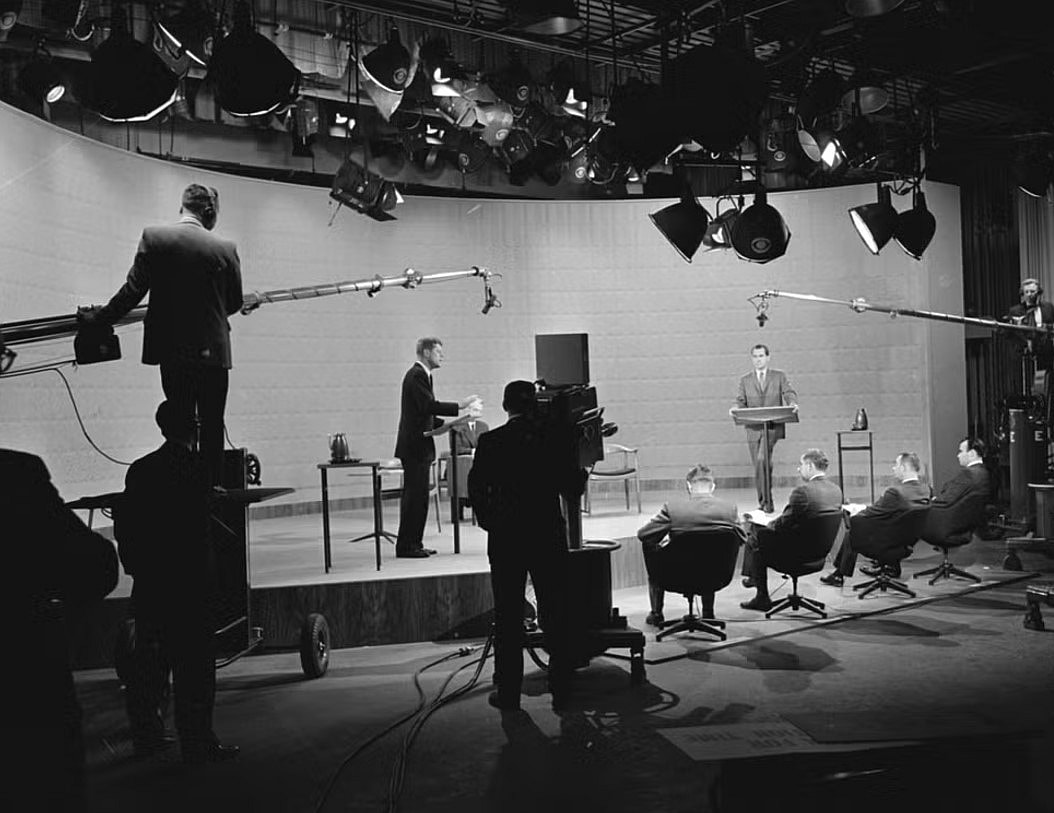
Before television, most would listen to presidential debates on the radio and read about them in the papers. But once 1960 rolled around, Americans everywhere who owned a TV had the opportunity to watch a debate for the first time. But with the excitement brewing about the debate, the two presidential candidates felt the nerves.
The debate was against Richard Nixon and John F. Kennedy. Kennedy set a lot of precedents during the debate, doing everything right. Not only did he dress the part, but he looked at the camera to connect with the audience and he wore makeup.
On the other hand, Nixon had just been hospitalized before the event, refused makeup, and was seen as shaky, jittery, and sweating. This put Kennedy in the lead with those watching the debate on television.
Read More: Most Famous Explorers in History
1. Mistakenly Declares a Winner
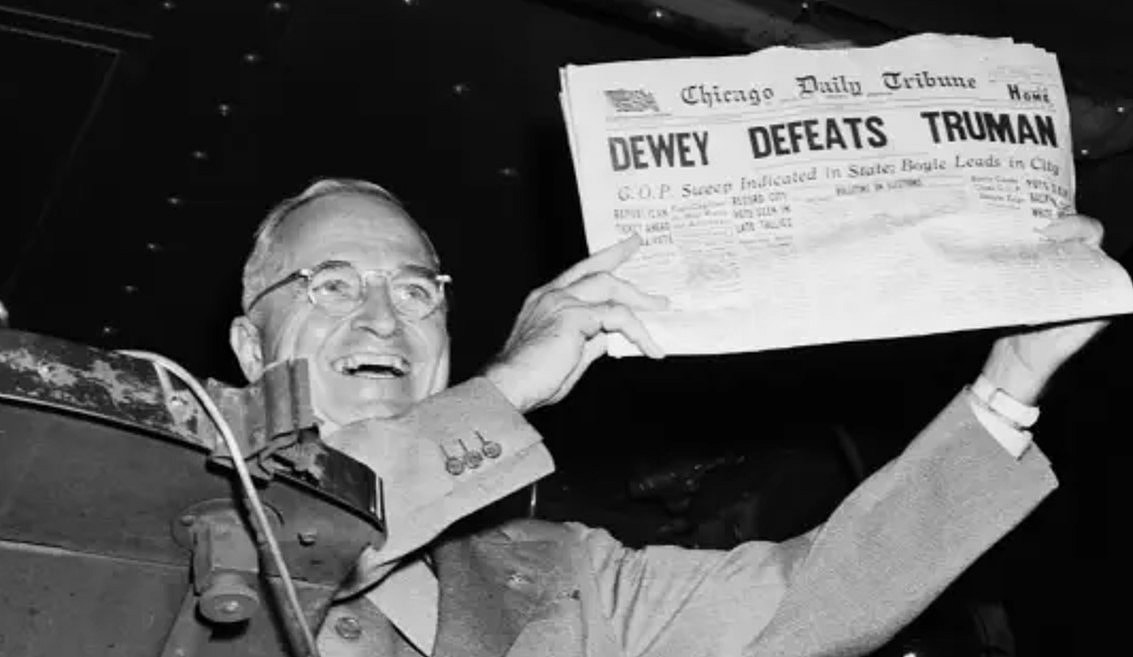
Declaring the winner the next day is a huge deal, and it can be stressful to keep track of every detail. But even so, there are some mistakes that have gone down in history as some of the most embarrassing moments.
For the 1948 election year, the Chicago Tribune was behind one of these mistakes. The newspaper jumped the gun and mistakenly declared New York Governor Thomas Dewey the winner of the previous day’s presidential race against Harry S. Truman in a front-page headline “Dewey Defeats Truman.”
Still to this day, this is seen as one of the biggest “oopsies” in US election history. While many of the major newspapers predicted Dewey to win the campaign, as Truman decided not to use the press to get his message across, it’s still one of the funniest, and embarrassing moments, in US election history.



